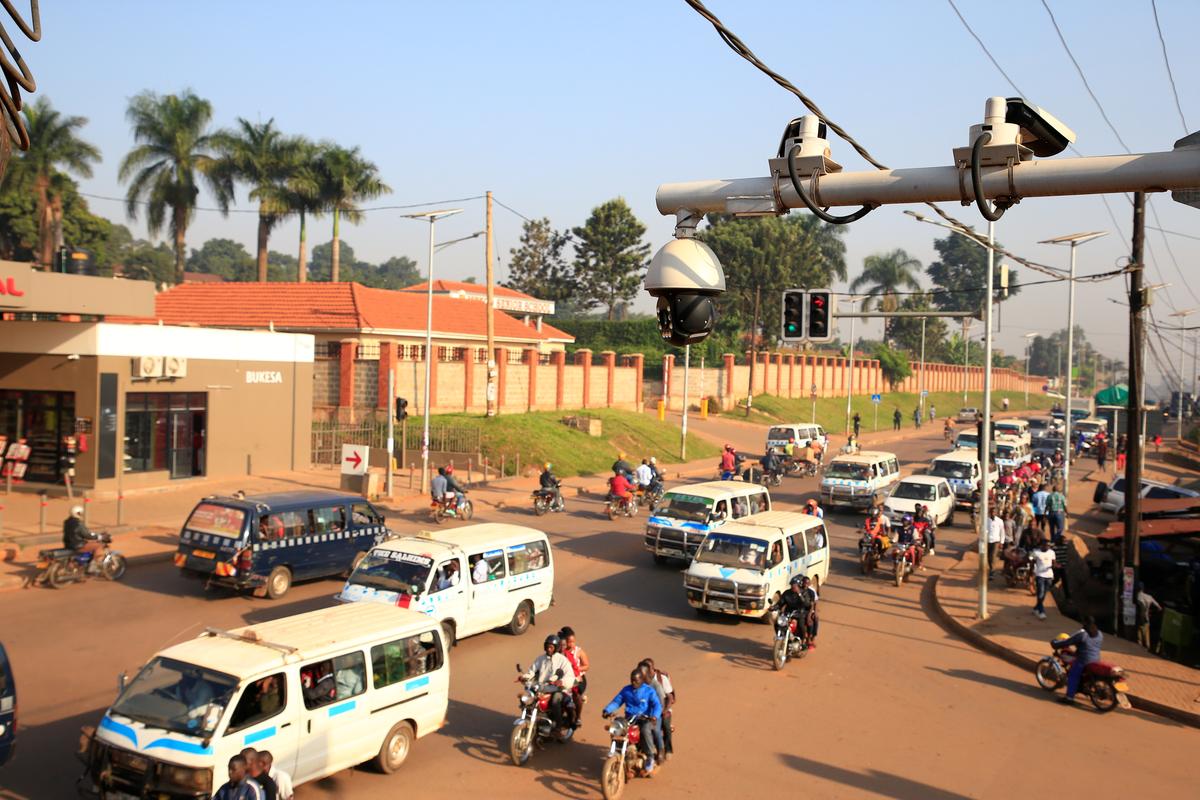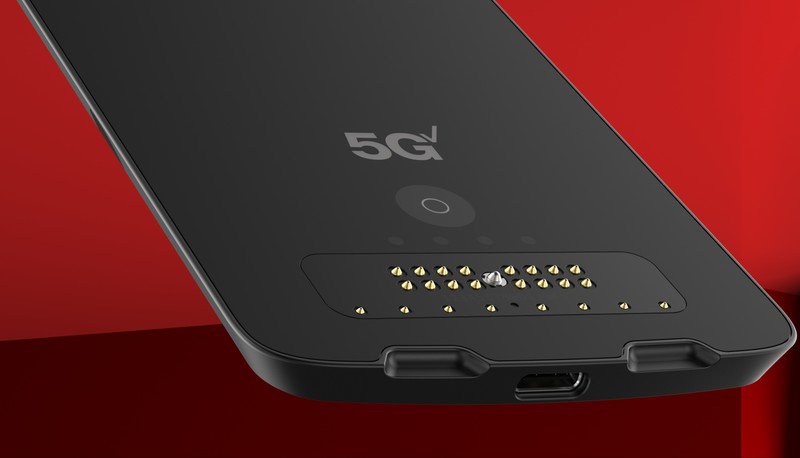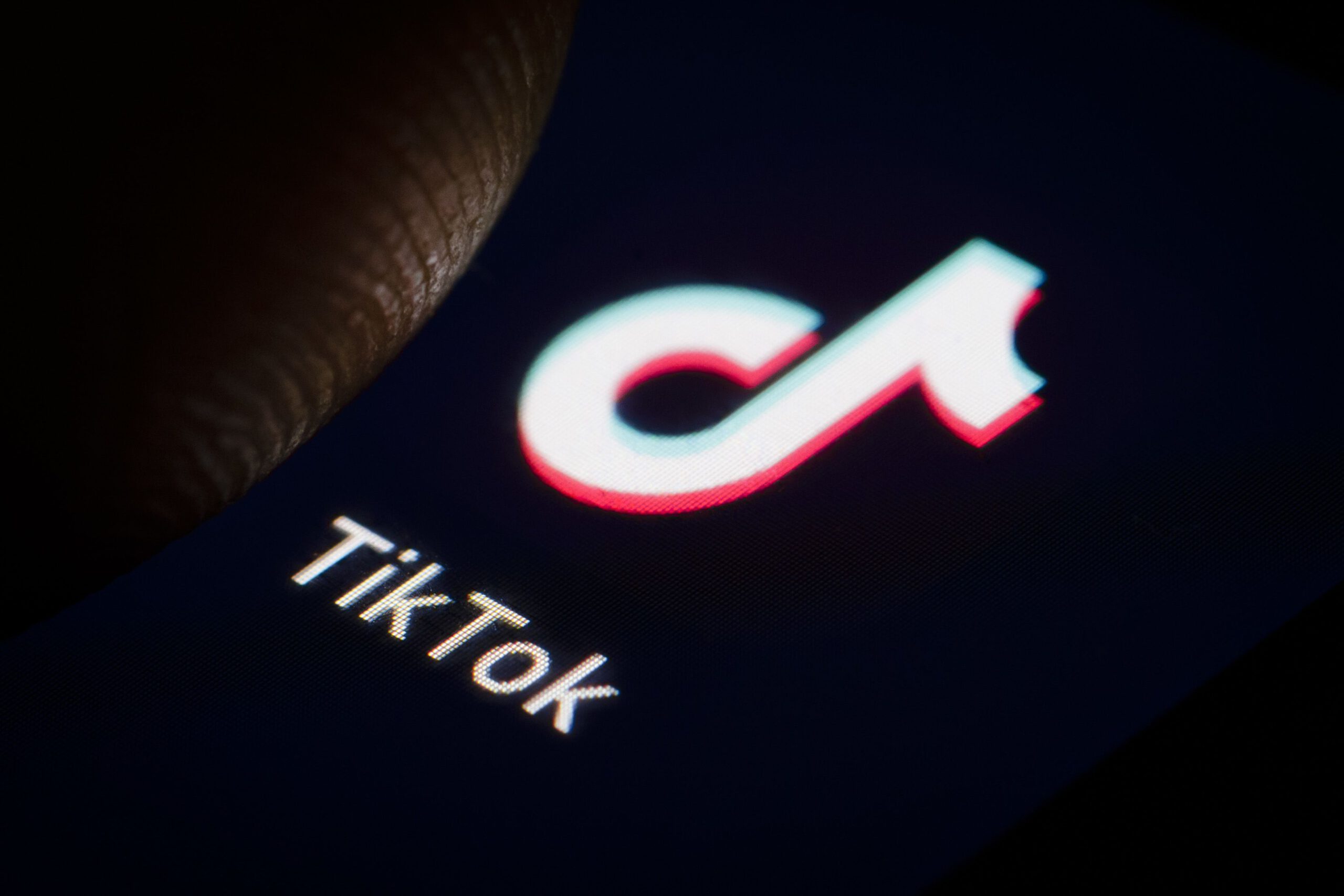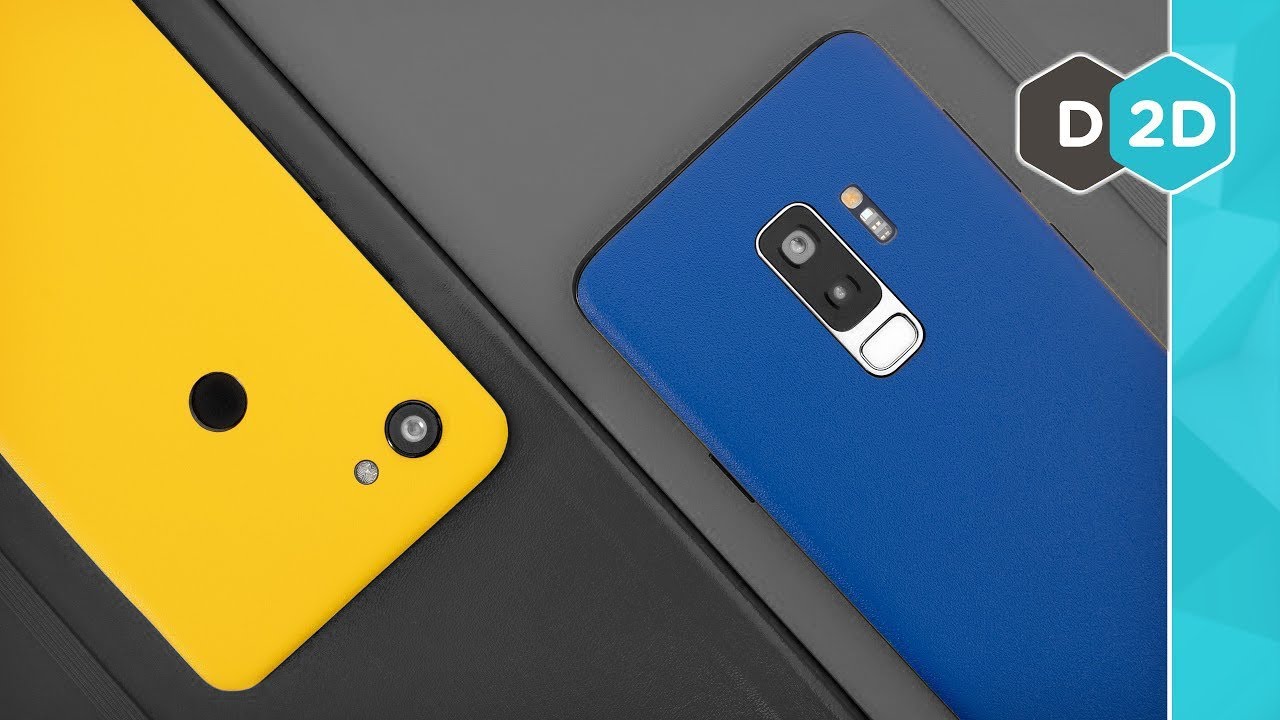
KAMPALA (Reuters) – A forest of slender white poles topped with darkish, unblinking eyes is quietly sprouting on the rubbish-strewn, potholed road corners of the Ugandan capital.
Police say the brand new $126 million closed-circuit tv digicam (CCTV) system, equipped by Chinese telecommunications large Huawei Technologies Co Ltd, will slash spiraling violent crime.
Opposition leaders say legislation enforcement businesses are too corrupt and overburdened to make use of the footage to determine criminals. They fear police could use the cameras, which have facial recognition expertise, to focus on demonstrators in violent clampdowns as an election approaches in 2021.
“The CCTV project is just a tool to track us, hunt us and persecute us,” mentioned Ingrid Turinawe, a pacesetter within the Forum for Democratic Change, Uganda’s largest opposition celebration.
Facial recognition expertise has turn into more and more pervasive world wide, elevating considerations about potential abuses. Officials in San Francisco voted in May to ban its use by metropolis personnel.
Huawei technicians have already helped intelligence officers in Uganda and no less than one different African nation spy on their political opponents, in keeping with an investigation printed by the Wall Street Journal on Wednesday.
In Uganda, they helped crack the encrypted communications of widespread musician turned politician Bobi Wine; police swarmed a live performance that may have featured shock opposition audio system and arrested him and dozens of supporters, the paper mentioned.
In Zambia, Huawei workers helped the federal government entry the telephones and Facebook pages of bloggers important of the president so that they could possibly be tracked and arrested, the paper reported.
Huawei rejected the Journal’s “unfounded and inaccurate allegations”, telling Reuters in an e mail: “Huawei’s code of business conduct prohibits any employees from undertaking any activities that would compromise the data or privacy of our customers or end users, or that would breach any laws.”
Uganda’s cameras are a part of Huawei’s Safe City initiative, which has been rolled out in additional than 200 cities worldwide, together with in China, Pakistan and Russia.
In Africa, Huawei has offered CCTV methods to nations corresponding to Kenya, Egypt and Zambia the place activists have raised comparable considerations over privateness and effectiveness. In Europe, France, Germany and Serbia have small initiatives with Huawei’s initiative.
The U.S. authorities has restricted commerce with Huawei and 4 different Chinese corporations, accusing them of espionage and stealing mental property. It can also be lobbying to influence U.S. allies to maintain Huawei out of next-generation 5G telecommunications infrastructure, citing considerations the corporate may spy on clients.
Huawei has repeatedly denied it’s managed by the Chinese authorities, navy or intelligence companies.
SURGING CRIME
Surging crime in Uganda is fueling public anger in direction of President Yoweri Museveni, 74, who has been in energy since 1986 and can doubtless search…
http://feeds.reuters.com/~r/reuters/technologyNews/~3/oyTRYXsWtQc/ugandas-cash-strapped-cops-spend-126-million-on-cctv-from-huawei-idUSKCN1V50RF














